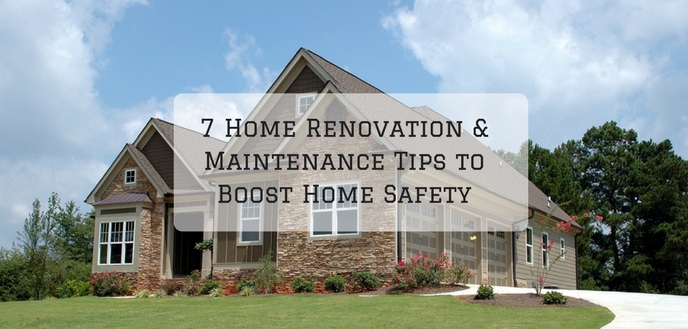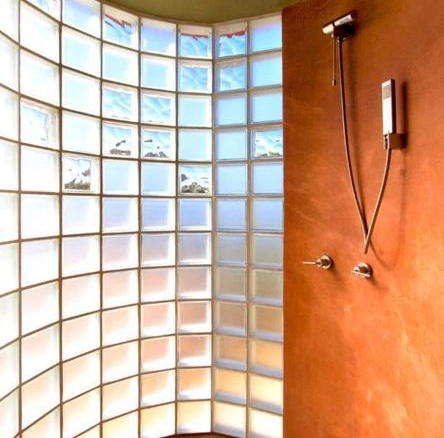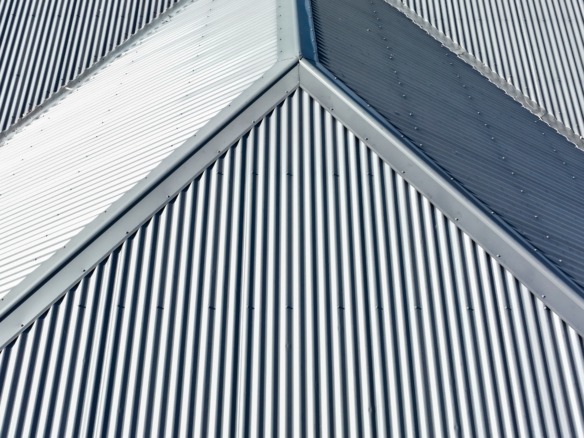No one ever expects a disaster to hit their home, but when it does, it’s important to be prepared. A little bit of preparation can go a long way in terms of protecting your family and your belongings.
Water damage can cause a lot of problems in your home, from structural damage to the growth of mold. It’s important to take steps to prevent water damage, and also to be prepared in case it does happen. Here are seven home renovations and maintenance tips that will help boost your home safety:
1. Inspect your home for any water damage and take immediate action to repair
If you find water damage in your home, take immediate action to repair it. Water damage can cause serious structural problems in your home, and can also lead to the growth of mold and other health hazards.
To repair water damage, you’ll need to first assess the extent of the damage. Once you know the extent of the damage, you can then begin to make repairs. Depending on the severity of the damage, this may include repairing or replacing drywall, carpeting, insulation, or even structural supports.
It’s important to remember that water damage should be repaired as quickly as possible, as the longer it goes untreated, the more severe the damages will be.
2. Install a water alarm to detect leaks before they become a bigger problem
A water alarm is a great way to detect leaks before they become a bigger problem. By detecting leaks early on, you can save yourself from costly water damage and repairs.
There are a number of different water alarms on the market, so be sure to do your research before purchasing one. Make sure to choose one that is sensitive enough to detect even the smallest of leaks. And be sure to install it in a place where it will be able to detect leaks, such as near your water heater, under your sink, or in your basement.
3. Check your basement regularly for signs of water infiltration
Checking your basement regularly for signs of water infiltration is a must, especially if you live in an area that is prone to flooding. Some common signs of water infiltration include water stains on the ceiling or walls, buckling floors, and moist/musty smells. If you do notice any of these signs, be sure to contact a professional right away to help get the situation under control.
4. Check your sump pump to make sure it’s functioning properly
If your basement has flooding issues or you notice that the sump pump isn’t working properly, it’s a good idea to check it out and make sure it’s in good condition. You can contact local water damage in Miami to come and take a look at your sump pump and make sure it’s functioning properly. They will be able to clean it out and make any necessary repairs so that your basement stays dry and flooding doesn’t become an issue.
5. Clean gutters and downspouts regularly to prevent overflow
It’s important to regularly clean your gutters and downspouts to prevent water damage. Overflowing gutters can cause all sorts of problems, from flooding your basement to rotting your foundation.
Cleaning your gutters is a pretty simple task that you can do yourself, but it’s important to do it regularly – at least once a year, if not more often depending on the conditions in your area. Use a ladder to reach the gutters, and use a garden hose or power washer to blast away any leaves or debris that has built up. If you have trouble getting all the gunk out, you can also use a gutter cleaner tool
6. Repair cracks in the foundation as soon as possible
If you have a crack in your foundation, it’s important to repair it as soon as possible to prevent water damage. Water can seep through the crack and cause extensive damage to the foundation and the home itself.
If you’re not sure how to fix the crack, hire a professional contractor who can do the job for you. It’s important to make sure the job is done properly so that the foundation is reinforced and protected from future water damage.
7. Update your plumbing system with newer, more efficient fixtures
If you’re like most homeowners, you probably don’t think about your plumbing system until something goes wrong. But believe it or not, regularly updating your plumbing fixtures and components can save you a lot of money and headaches in the long run. Not to mention, it can help prevent water damage–which is always a major headache (and expense).




